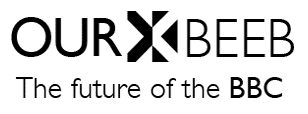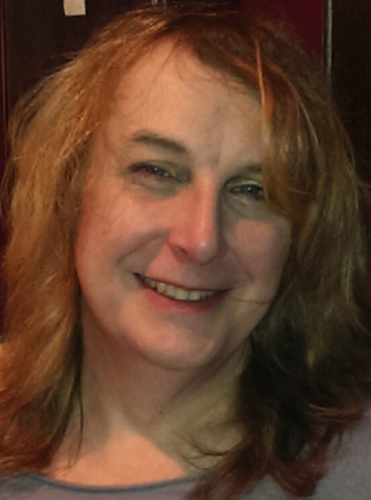Foster grand projects
by Jane Fae
There is much the BBC does well: and why shouldn’t it? After all, it has a mission statement that entrenches high standards and a budget that is not automatically dependent on satisfying viewers and shareholders in every last detail. It can afford to make mistakes – and it can afford to do things differently. That, in the end, is its greatest strength – and for that alone, it should be continued.
But its detractors also have a point. Such strengths are, in today’s ever more marketised world, an unfair advantage. So the BBC should – indeed it must – be tasked with delivering output that no organisation would ever consider commercially justifiable.
Projects, for instance, such as the Domesday Book. Not, of course, the 1086 version which predated the BBC, but rather the 1986 version, which saw the BBC mark the 900th anniversary of that event by compiling a new “survey” of the United Kingdom. This was a thoroughly democratic enterprise, with individuals from across the country, mostly school children, contributing material about the geography, history or social issues in their neighbourhood or simply events from their daily lives.
This was linked with maps, colour photos, statistical data, video and “virtual walks”, as well as professional video content and datasets such as the 1981 census. Over 1 million people, including children from over 9,000 schools took part in the project. That, by anyone’s standards, is a snapshot in the history of the country, preserved for perpetuity.
Before that, and independent of the BBC, we had the great Mass Observation project that spanned decades from the 1930’s to the late 1960’s. This involved volunteer observers observing and recording every aspect of the life of the country, from individual conversations at work or in social spaces, through to public meetings and major cultural events.
These provide, for posterity, a colouring in of the otherwise bland statistics by which historians map the social and economic past of Britain.
Yet the BBC could do so much more to foster projects of this kind. Not carbon copies, by any means, but projects that engage and involve and, most critically, map on a scale that is beyond the facility of any other domestic organisation, the evolution of our country.
Jane Fae (@JaneFae) is a gender activist and journalist
Why vote? We will feed in readers' favourite ideas to the government's consultation on the future of the BBC, and profile them heavily in the media. We believe the debate over the BBC's future is too narrow and focused on cuts - it's missing strong, positive ideas about what public broadcasting can and should be. By voting, you can have your say on what those ideas should be - and if you've got your own, share them with us→




